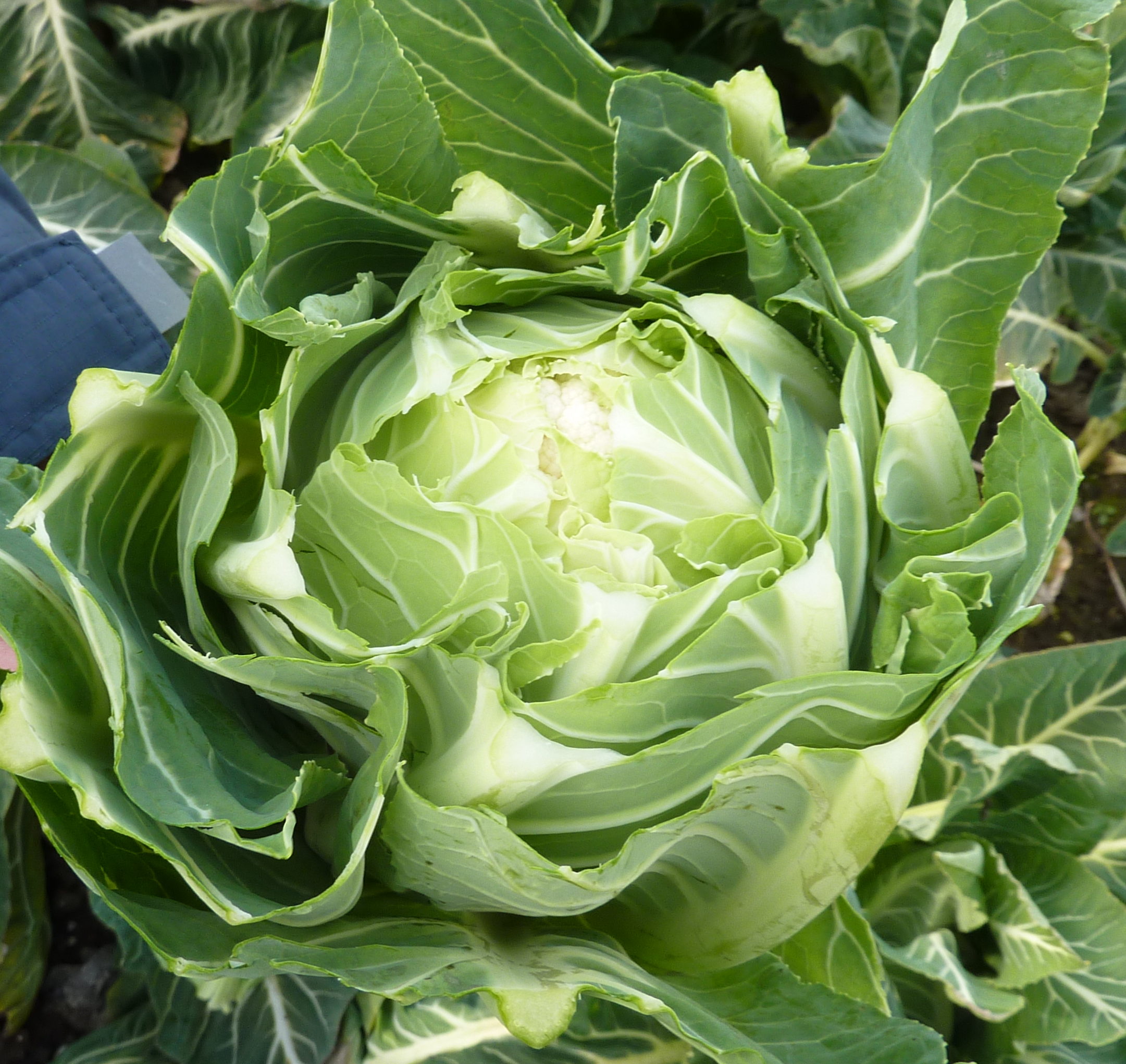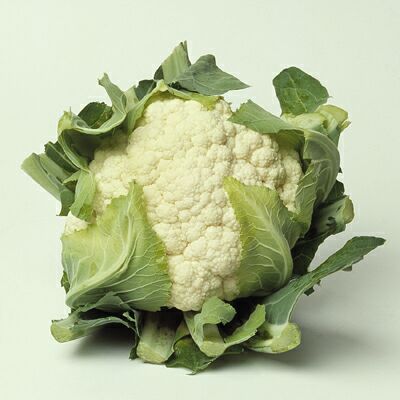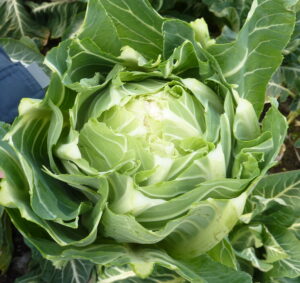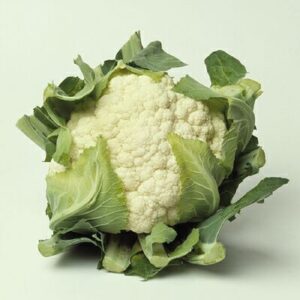Crop Type
Summer
Sowing
Planting
Harvest
Storage




Early 90-100 day variety, ideally suited to October sowing, maturing from late June to mid-July. Can also be early spring sown to provide continuity of harvest in the difficult early summer period, maturing from early to late July, 70-80 days.
Early 90-100 day variety, ideally suited to October sowing, maturing from late June to mid-July. Can also be early spring sown to provide continuity of harvest in the difficult early summer period, maturing from early to late July, 70-80 days.
Crop Type
Summer
Sowing
Planting
Harvest
Storage
Attention: This information and any complementary/other verbal or written information that may be given on behalf of Hazera, present average results of specific trials; these are neither exhaustive nor necessarily accurate and may not be regarded as advice, guidance, recommendation, representation or warranty. Sowing times and growing areas are indicative only. Pictures are illustrative only. The sale & use of seeds are subject to the terms and conditions appearing collectively on seed packages and in catalogues and/or at: http://www.hazera.com/terms-and-conditions. E&OE. © 2026 Hazera. All rights reserved.
For tomatoes:
* Resistant varieties may exhibit some disease symptoms or damage under heavy pest pressure and/or under adverse environmental conditions and/or in the face of new biotypes, pathotypes, races or strains of the pest that may emerge. Soil temperature above 27°C and other stresses may cause nematode resistance to break.
** Please refer to the ISF definitions at https://worldseed.org/wp-content/uploads/2022/11/Definition_on_reaction_plants_to_pests_2022_final_clean2.pdf
A copy of the definitions for terms describing reactions of plants to pests for the Vegetable Seed Industry, can be obtained at our offices upon demand.
For all other crops:
* Resistant varieties may exhibit some disease symptoms or damage under heavy pest pressure and/or under adverse environmental conditions and/or in the face of new biotypes, pathotypes, races or strains of the pest that may emerge.
** Please refer to the ISF definitions at https://worldseed.org/wp-content/uploads/2022/11/Definition_on_reaction_plants_to_pests_2022_final_clean2.pdf
A copy of the definitions for terms describing reactions of plants to pests for the Vegetable Seed Industry, can be obtained at our offices upon demand.


Early 90-100 day variety, ideally suited to October sowing, maturing from late June to mid-July. Can also be early spring sown to provide continuity of harvest in the difficult early summer period, maturing from early to late July, 70-80 days.
Attention: This information and any complementary/other verbal or written information that may be given on behalf of Hazera, present average results of specific trials; these are neither exhaustive nor necessarily accurate and may not be regarded as advice, guidance, recommendation, representation or warranty. Sowing times and growing areas are indicative only. Pictures are illustrative only. The sale & use of seeds are subject to the terms and conditions appearing collectively on seed packages and in catalogues and/or at: http://www.hazera.com/terms-and-conditions. E&OE. © 2026 Hazera. All rights reserved.
For tomatoes:
* Resistant varieties may exhibit some disease symptoms or damage under heavy pest pressure and/or under adverse environmental conditions and/or in the face of new biotypes, pathotypes, races or strains of the pest that may emerge. Soil temperature above 27°C and other stresses may cause nematode resistance to break.
** Please refer to the ISF definitions at https://worldseed.org/wp-content/uploads/2022/11/Definition_on_reaction_plants_to_pests_2022_final_clean2.pdf
A copy of the definitions for terms describing reactions of plants to pests for the Vegetable Seed Industry, can be obtained at our offices upon demand.
For all other crops:
* Resistant varieties may exhibit some disease symptoms or damage under heavy pest pressure and/or under adverse environmental conditions and/or in the face of new biotypes, pathotypes, races or strains of the pest that may emerge.
** Please refer to the ISF definitions at https://worldseed.org/wp-content/uploads/2022/11/Definition_on_reaction_plants_to_pests_2022_final_clean2.pdf
A copy of the definitions for terms describing reactions of plants to pests for the Vegetable Seed Industry, can be obtained at our offices upon demand.